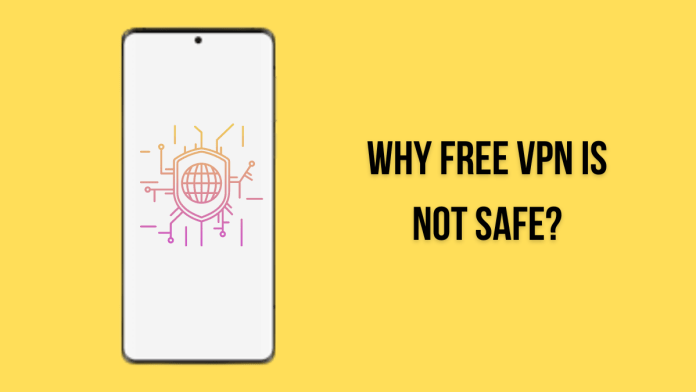Google Play Store and Apple App Store are filled with countless VPN apps available for free, paid, and anywhere in-between. You can access geo-blocked content, enhance the security of your device, mask your original IP address, and more. One of the burning questions that people ask about VPNs is, why free VPN is not safe on smartphones?.
Free VPN promises uninterrupted access to the internet, geo-blocked content streaming, and almost everything that a paid VPN offers, or is it? Google and WhatsApp are free and cater to billions of users, but how? There’s a popular quote that says “If it’s free, you are the product”. Not being skeptical but this is true and it is something free VPN apps bank on. It is why it should be avoided.
But hey, shouldn’t there be an explanation of why a free VPN is not safe and why you shouldn’t choose it? Well, after countless hours of watching through VPN stories and consuming terabytes of data, I am here with all my findings proving why free VPN is a hoax (most of the time). Let’s get started.
What is VPN?
But perhaps, we should start with what’s VPN, right? It is also important as many of those who are using a VPN, might not know what it is actually.
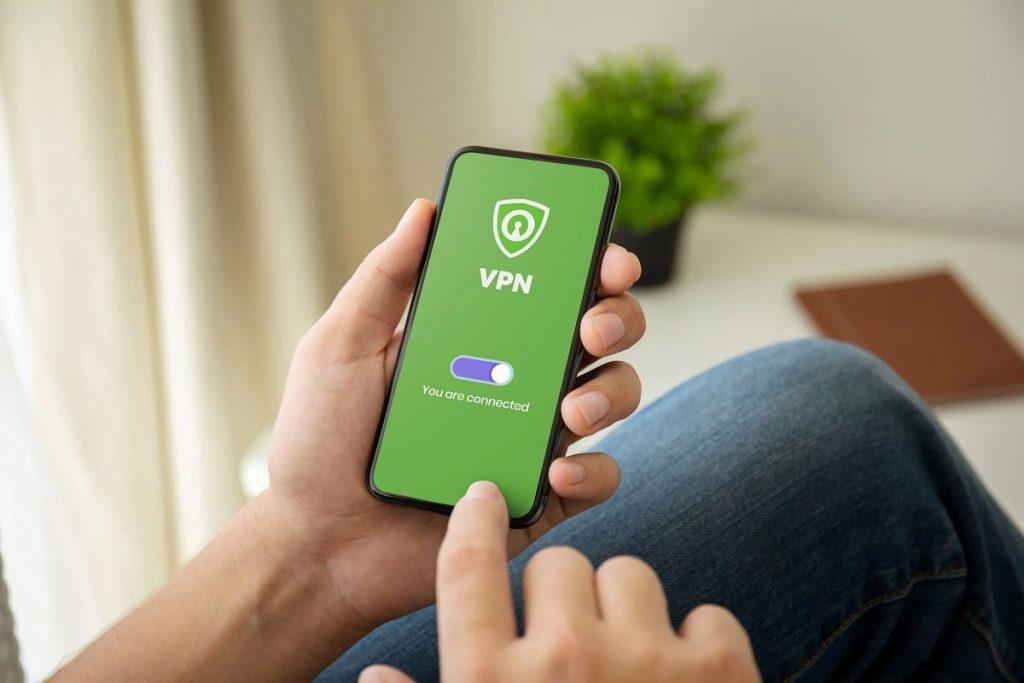
We won’t be going into much depth as we already summarised everything you need to know about it here. VPN is basically a service that lets you mask your IP address, and encrypts data exchange to and from your device via remote server. It prevents ISPs and others getting a hint of what your IP address (which is basically you) is trying to reach out for such as a website.
Data related to what you search, query, and activities you perform online can be easily linked to you with the IP address, a VPN masks it. The process makes it difficult for any attackers and government authorities to decipher it since the request that you are making is re-routed through a remote server. Physically, the remote server could be miles apart your actual location.
How VPN Keeps You Safe?
It’s only logical that we start with how a VPN keeps you safe before drawing a line where a free VPN simply doesn’t add up.
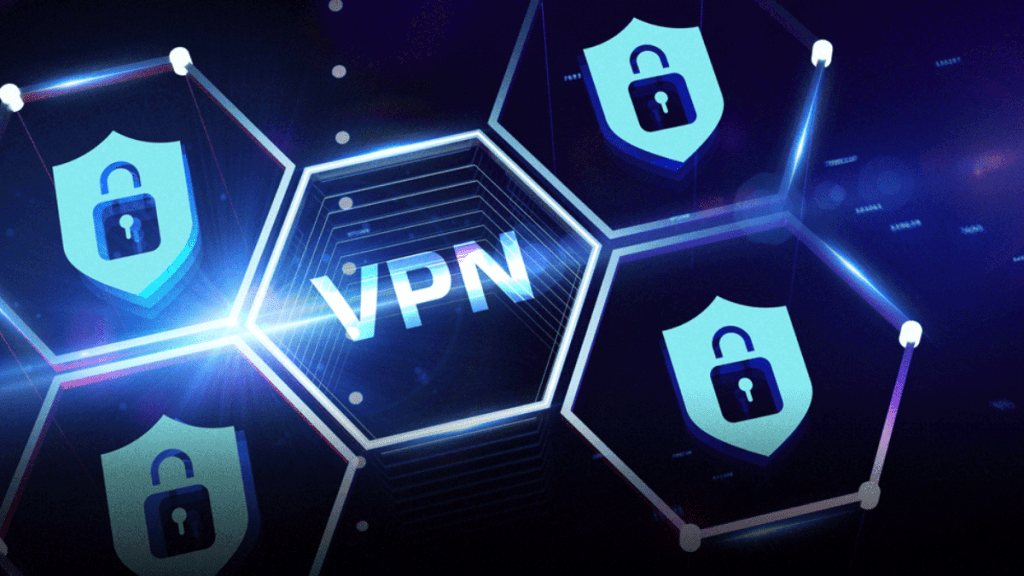
Security When On Public WiFi
Attackers can intercept data being exchanged between users and servers on the web. It automatically puts users in a compromising position. Premium VPNs use advanced AES 256-bit encryption to encrypt the data making it difficult for others to decipher.
Information Privacy
As one would’ve guessed, data can be used in many ways. Users’ browsing activities online is just a cookie away for ISP and other players to capture. In fact, data has a price and that’s what VPN protects users from. It restricts any third party from viewing users’ activities.
Prohibits Ad Targeting
It’s fairly easy to understand. When you are on the web and search for anything, you are basically training the system about your interests that it can use to sell targeted ads. VPN keeps advertisers away from using this tactic thereby damaging their revenues.
Encrypts Data Exchange
When you search for a query, it goes through the ISP to the web and makes countless stops before reaching the server of intent. The data transferred normally can be intercepted as it is in a readable format. However, a VPN can easily encrypt the data packets making it a complex affair for interceptors to decipher it as it can be done only by the client’s VPN.
It may not look like a major feature, this is a must-have because you are using a VPN and the motive is to be as anonymous as possible.
Stream Geo-Blocked Content
One of the major reasons why VPN is used is to stream geo-blocked content such as Netflix US library in India. It’s not limited to Netflix though because other websites put geo-restriction disallowing users from one region to view content from other regions. Using a VPN overthrows this blockage by spoofing the IP address of the user in the area where the content is freely available.
Are VPNs Legal to Use?
The answer to this question is, it differs and depends. When you talk about countries like Russia and China, the use of VPNs is completely banned in these countries. You can still use government-backed VPNs but that actually defeats the purpose.
Countries such as Belarus, Oman, UAE, and a few others either have banned VPNs or regulated them. In India, use of VPN is legal, however, it comes with all sorts of terms & conditions. It dictates what you can and cannot do once latched to a VPN.
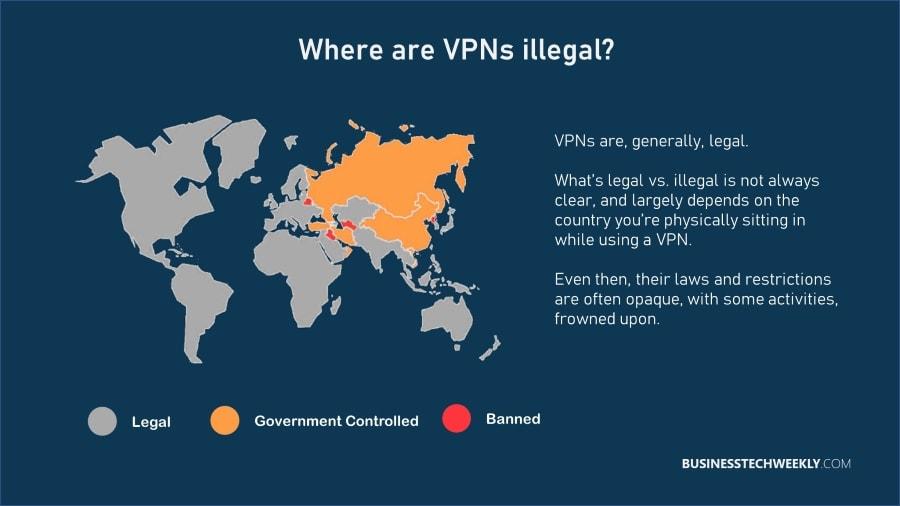
Ideally, torrenting & downloading copyrighted materials comes under unlawful activities. Infringing privacy and security of users might be instances of cyberattacks or cyberstalking. Users using VPN in such cases might undergo a trial. Many companies such as Netflix have T&S that strictly prohibit users from using VPNs and ban those accounts found to violate the same.
At the end of the day, you should remember that torrenting, streaming unlawful and illegal content, and visiting websites that are banned by regional or state, or central government can be a violation, and thus, legal action can be initiated on the wrongdoers.
It is crucial to self-censor when using a VPN in India or practically any other country. You can check out information on what’s banned and regulated in a country before pumping up the gas.
Why Free VPN is Not Safe?
Let’s get to the helm of why we and thousands of other VPN experts avoid using free VPNs.
Slower Connection
One of the most obvious outcomes of a free VPN is the slower connection speed. Compare the internet speed when connected to a VPN and you will see strikingly different speeds. The one with a free VPN onboard is sluggish and sometimes, not capable of streaming video.
Some VPNs are simply slow, however, some VPN apps would deliberately slow them down. It’s an attempt to promote their premium tiers that offer better speeds. On the contrary, a premium service uses faster protocols such as Nordlynx and UDP/TCP to accelerate internet speeds even when the VPN is in use.
Free VPN Might Fail To Load Geo-blocked Content
One of the major use cases of a VPN is to bypass geo-restricted content majorly on Netflix and HBO Max. VPN spoofs the user’s location from say India to the US as it connects to a remote server somewhere in the U.S. It is where Netflix’s servers assume that the user is trying to reach out from the US and thus, delivers content.
However, if you are a free VPN user, you would find it difficult for the app to load certain or all geo-blocked content at all. Even if it does, slower connection speeds will surely ruin your stint of bingeing. If that’s not all, some companies have found ways to block VPN connections. Even if you get a hold of a good quality (still free) VPN, you cannot access geo-restricted content no matter how hard you try.
A Den Of Malware
One of the major concerns that we have as VPN experts is malware. It becomes crystal clear that if something is too good to be true, it is usually true. Free VPN can infect your device with malware causing varied abnormalities.
For starters, you might see too many ads popping up from somewhere. Some malware may include scripts to download apps that may or may not be visible on the device. These apps will continue to consume resources draining the battery like crazy. Or worse yet, malware can be programmed to steal user data and sell it to third parties infringing on someone’s security and privacy alike.
No matter how you slice it, the results of using a malware-packed VPN can be disastrous. One such example is ransomware which is malware that hijacks a user’s device and may return access only after paying a said ransom. Depending upon the actor and the sensitivity of the data withheld, you could be the subject of repetitive ransomware attempts.
You Will Be a Target of Aggressive Ads
Google users targeted ads based on users’ activities online. Targeted ads are basically those that are inclined toward the user’s intent. When using a free service irrespective of if it’s a VPN or others, there’s a strong possibility that you will end up consenting to ads. It’s okay if you watch some ads for a free service but things can get worse.
Aggressive ads are, on the other hand, intrusive. You will find tons of ads thrown at you at random with most ones as ‘unskippable’. A free VPN unlocks doors for hackers to use tactics to lure you into clicking on an ad and that’s where things get serious. You could simply expose your phone to others thereby squashing any barrier of privacy whatsoever. These services often push ads that are varied such as text ads, pop-up ads, video ads, unskippable video ads, and so on.
They Collect & Sell User Data
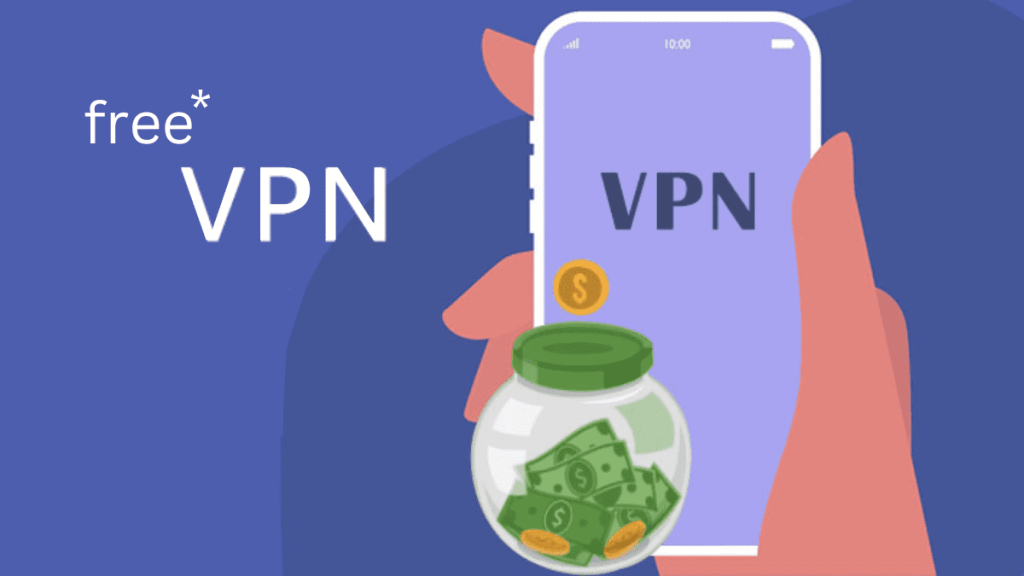
You started using VPN to keep government authorities, watchdogs and hackers away, right? Well, one of the disadvantages of using a free VPN is the fact that these services can still monitor and collect user data. Isn’t the statement conflicting? Well, the thing is, since you are using a free VPN, some of them might spoof you into consenting to let them collect user data. Here, some apps might include a clause that they will anonymize the data. Technically, the user’s identity is hidden in such cases but who knows?
Limited Access To Websites
One of the major reasons why VPNs are used is to bypass geo-restricted content or websites as aforementioned. However, there are some services and apps that have indulged in a crackdown on the use of any VPN service to bypass the block. Some websites restrict users from using VPNs and that majorly includes all free ones. It is why people use NordVPN, ExpressVPN etc., as they have dedicated servers for say Netflix or HBO Max.
Data & Speed Throttling
Have you ever used a free VPN lately? Did you see that any free VPN service imposes a fixed bandwidth and speed? Every app will either have a daily or a monthly limit on how much data you can consume and at what speed. In simple words, this is called throttling. On the flip side, a paid VPN won’t exercise throttling since you are already paying for its use.
Why Do Bad VPNs Have Good Reviews?
Consider a VPN ‘ValleyVPN’, it has a lot of security & privacy issues and never works fast but still manages to have good reviews, how?
If you ever feel bewildered by these reviews posted on Play Store or App Store, think about it wisely. When a user installed a few VPNs, the hopes of it working at all are way too low. I have used a few free VPNs over the years and if something doesn’t work, I simply uninstall it and get a new one instead. Since there are no hopes, to begin with, users don’t usually take time out to drop a review.

If someone finds a perfectly working feature such more servers than mentioned, they might take out some time to post a positive review. Word of mouth is another reason why such VPNs might thrive.
Additionally, it’s not a secret that app developers can buy paid reviews. It could be done directly or through a third-party but paid reviews are a legit thing. They can greatly influence a user from buying a product. Ever seen a good review on a bad product on Amazon? Paid reviews can be one of the reasons.
Should You Look For A Premium VPN?
The answer is yes if you prioritize convenience, security, and privacy over other aspects. A premium VPN subscription gives you access to unlimited servers and locations. For instance, ExpressVPN has 3,000+ servers whereas NordVPN has 5,500+ servers and that’s just scratching the surface.
Premium or paid VPN tools have the highest standards of encryption such as AES-256 that ensures no data is leaked whatsoever. There’s split stunning, multi-hopping, kill switch, and many other features that make a premium VPN worth a subscription. No doubt why we keep on saying why free VPN is not safe. On the contrary, premium VPNs have all the best features.
There are no ads and most high-quality VPN apps collect no user data. In fact, you will find plenty of apps that have a zero log policy so that whatever activities you perform online, won’t be recorded.
The summarized answer is, you should look out for a premium VPN. Unless you want to clamor to a free VPN. At the end, you need to understand that there’s nothing called ‘free’.

